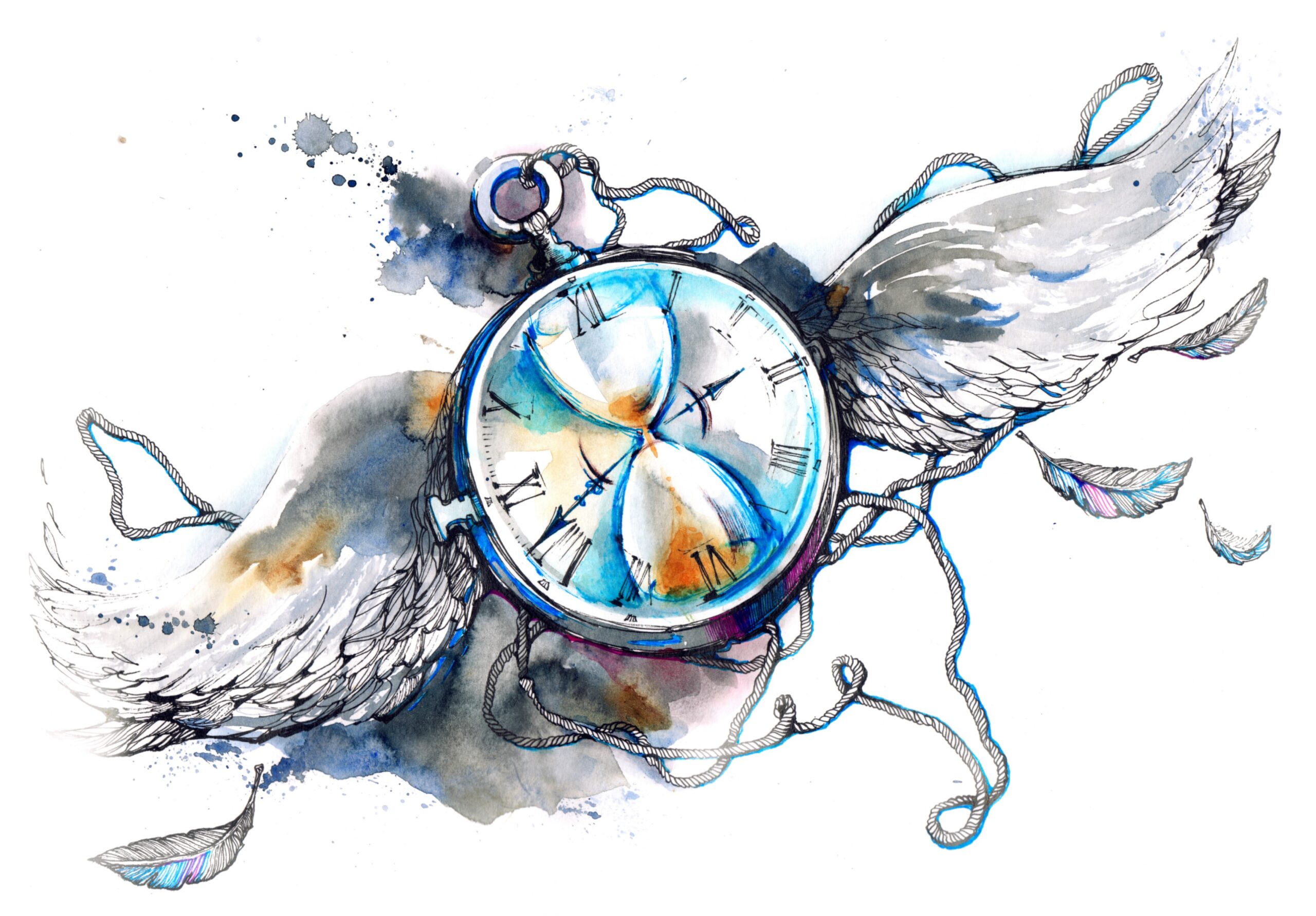The difference is typically chalked up as another one of those things that just happens with age. But now a recent study published in the journal European Review is offering up a possible more scientific reason: with age the speed that our brains obtain and process images gradually slows which results in this temporal discrepancy in our memories, meaning that the slowing of the brain’s imaging speed causes our perception of time to speed up.
“People are often amazed at how much they remember from days that seemed to last forever in their youth,” says main study author Adrian Bejan, the J.A. Jones Professor of Mechanical Engineering at Duke University, in a release. “It’s not that their experiences were much deeper or more meaningful, it’s just that they were being processed in rapid fire.”
With age as we mature our nerves and neurons in the brain also mature and grow in size as well as complexity; consequently new neural signals/memories are then faced with a longer path to travel than what was once there when we were younger, and nerves deteriorate with age which slows down the flow of electrical signals throughout the brain.
These changes and developments mean it takes longer for new images and memories to be obtained and processed. To back up the theory Bejan suggests to take into account how much more active infants’ eyes are in comparison to adults; children process this information at a much faster rate than adults leading to quicker eye movements and a rapid integration of information. Thus, because older people are processing fewer images within the same given amount of time as when in youth it feels as if time is passing at a much faster rate.
“The human mind senses time changing when the perceived images change,” Bejan concludes. “The present is different from the past because the mental viewing has changed, not because somebody’s clock rings. Days seemed to last longer in your youth because the young mind receives more images during one day than the same mind in old age.”




